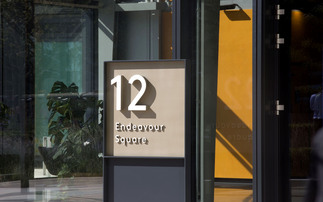The Financial Services Authority (FSA) has set out proposed changes to the funding of the Financial Services Compensation Scheme (FSCS).
The regulator said the changes could reduce the likelihood of interim levies and offer firms more certainty in the level of fees they pay.
However, the threshold for investment intermediaries will be raised to £150m, up from the current £100m, if the proposals are agreed.
The threshold refers to the total amount that can be levied on an individual class - in this case investment intermediaries - before the costs are spread among the remaining classes in what is known as cross-subsidy.
The fund manager threshold would be reduced to £200m from £270m. The deposit class threshold could be reduced from £1.84bn to £1.5bn.
The proposals follow a number of concerns raised by stakeholders relating to the way the FSCS is funded, including the class structure; how costs are allocayed; and how cross-subsidy is put into practice.
The FSA said its proposals aim to reduce the need for interim levies by changing the way it calculates anticipated compensation costs.
At present it forecasts costs for the next 12 months, although the FSA has admitted this not appropriately aligned with the timescales over which compensation costs arise from firm failures.
Instead it will now calculate costs for each year as one-third of a three-year aggregate estimate, unless the costs anticipated in the 12 months from the date of the levy are higher.
Highlights of the proposed changes include:
- Two separate approaches for funding FSCS' costs, one for activities we expect will be subject to the Prudential Regulation Authority's (PRA) funding rules for the FSCS, such as deposit takers and insurance providers, and one for the other activities we expect will be subject to the Financial Conduct Authority's (FCA) funding rules. There would be no cross-subsidy between the two
- No changes to the current funding classes
- A retail pool made up of all classes we expect to be subject to the FCA's funding rules which would be triggered if one or more FCA classes reached their annual threshold (i.e. the limit that funding class would be expected to contribute in any one year)
- Revised annual thresholds based on assessments of affordability
- The FSCS to consider potential compensation costs expected in the 36 months following the levy instead of twelve months as is currently the case (except for the deposit class). This should smooth the impact of levies and may make levy requirements more predictable than now.
This article continues...












